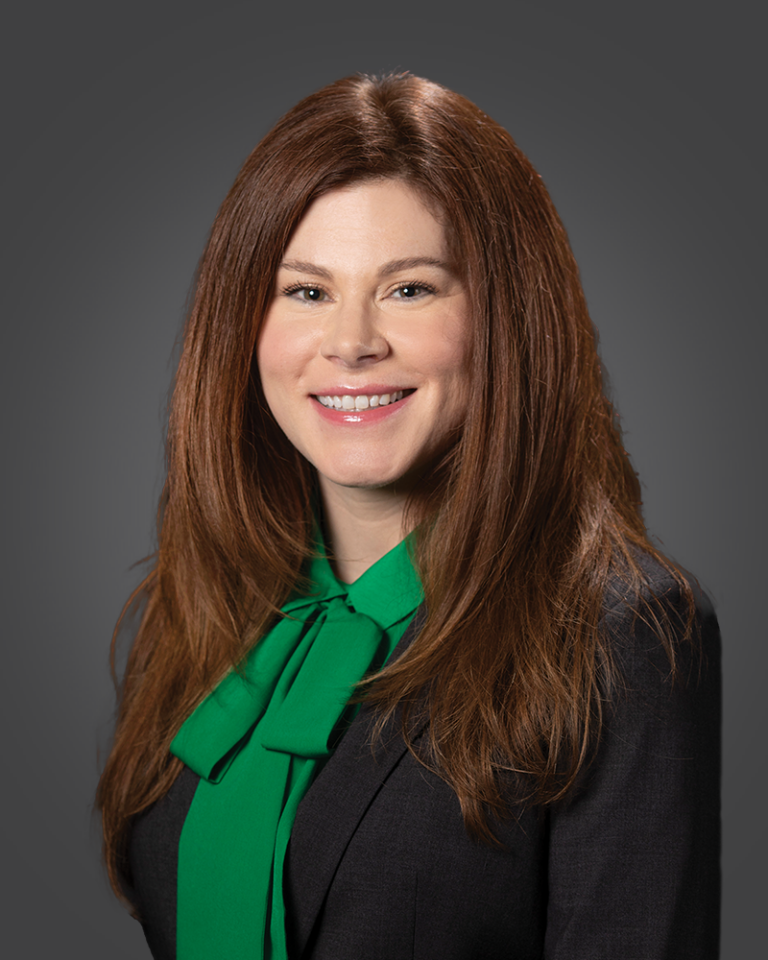
Most employers are required to pay overtime to at least some of their employees. For hourly employees, the overtime premium is half of your usual hourly rate. Every hour of overtime you work earns you the entitlement to receive “Time and a half.”
Some employers fail to recognize federally established laws and do not pay employees for all the work they perform beyond the 40-hours work week, resulting in unpaid overtime.
Some common scenarios that can result in unpaid overtime include:
- Work Performed During Unpaid Lunch Breaks
- Work Performed Before a Shift Begins
- Work Performed After a Shift Ends
- Work Performed from Home or on the Road
Violations of overtime laws may be grounds for employees to bring a claim for wages and penalty damages. Wisconsin’s wage statute allows employees to recover damages going back two years from the date they file the claim. The federal statute allows employees to go back three years if they can prove a willful violation.
Do I Qualify for Overtime?
The Federal Fair Labor Standards Act (FLSA) and/or state statutes mandate that most employers must pay overtime. Similarly, most employees are entitled to overtime for all hours worked over 40, unless they fall under a specific exception. This includes salaried employees. Unfortunately, employers often misclassify their salaried employees as exempt from the FLSA. Employers may also misclassify workers as independent contractors to avoid paying them overtime and other benefits.
>>Learn more about who qualifies for overtime pay
If your employer is not paying you overtime or not paying you the wages you have earned for work completed, Habush Habush & Rottier is here to help you file a claim for damages and bring your employer to justice. Contact attorneys Jason Knutson or Breanne Snapp today at 608-255-6663 to speak about the details of your situation and learn more about how we can help.
